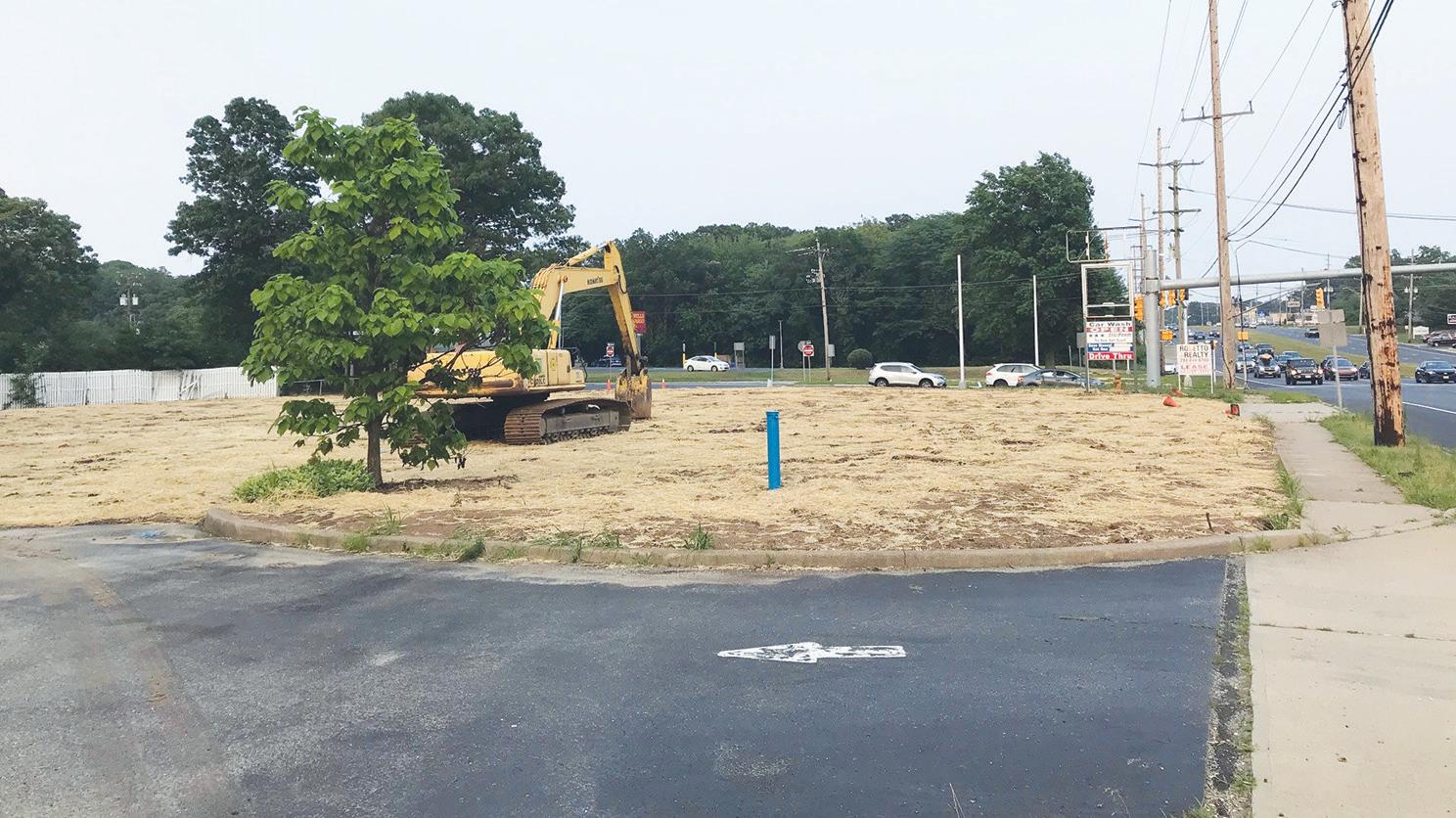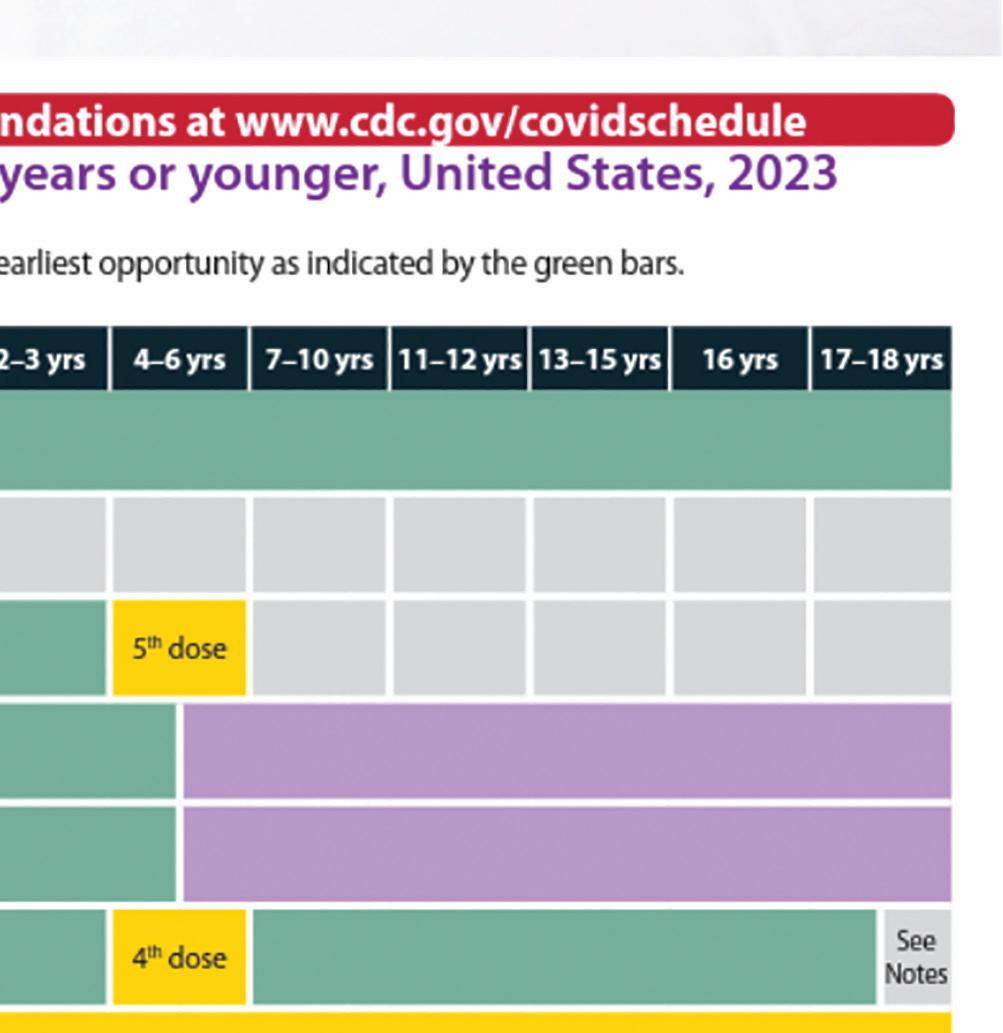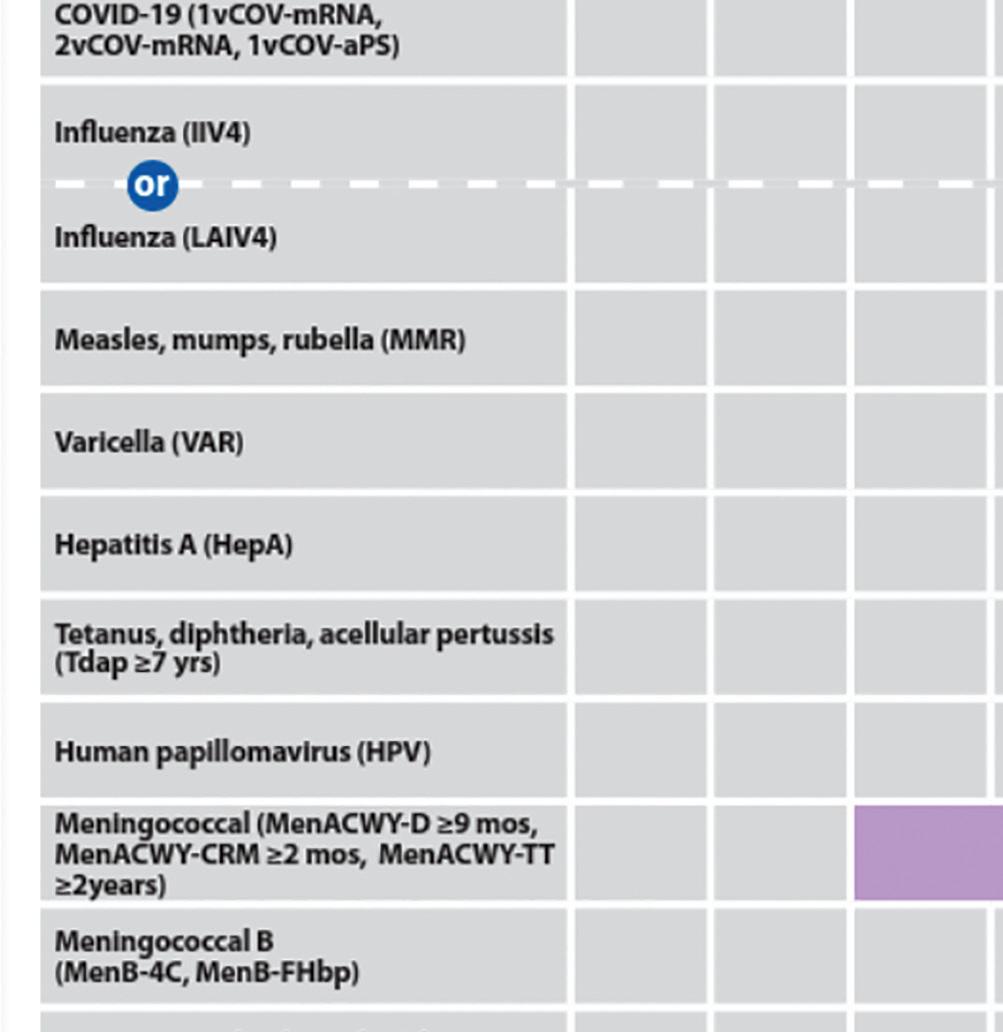
4 minute read
No New Plans For Former Gas Station
By Chris Lundy
TOMS RIVER – A gas station at the corner of Vaughn Avenue and Route 37 was torn down, but there are no plans for a new tenant yet. The station was on the westbound side of Route 37. It had a car wash on site as well. All of that has been removed, and the land is now vacant. There are still curb cuts for entrances from both Vaughn and 37. “There is nothing going there yet. We are marketing the site, which is 1.7 acres, for ground lease,” said Ron Rosetto, president of Rosetto Realty Group, LLC.
“The property is zoned Highway Business, so I am targeting retailers,” he said.
Property zoning defines what the town wants in a given location.

Because of this particular zoning, Rosetto said he’s looking for a fast food restaurant like Arby’s, a convenience store with a gas station like Royal Farms, or perhaps a car wash.
To date, they have no commitments, he said.
“Vacant land takes time,” he said. Once they secure a tenant, they need to go through the approval
(Gas Station - See Page 6)
$1995
Includes: arrangement conference, removal from place of death, alternative container Batesville ccbmdfc, transfer to crematory, crematory fee
“We are dedicated to exceeding expectations and delivering a standard of service that is 100% guaranteed.”




























“A county-run homelessness trust fund gives us the opportunity to look at real-time economics and have great funding flexibilities providing help where some state and federally funded programs may not, ” said Crea. “It is far from one size fits all when it comes to providing the assistance our residents need to keep them from becoming homeless or to get them reestablished once they are homeless.”
Crea added that one of the critical benefits of the fund is that it will also allow for the provision of services to individuals who were not previously eligible for services. Money from the trust fund can be used with more flexibility to provide rental assistance vouchers, supportive services, and prevention services. However, state guidelines prohibit the county from using the funds to build a homeless shelter.
“With the adoption of this ordinance, we will establish a task force to oversee the fund and serve as the advisory board to the Board of Commissioners,” Crea shared. “Many of the steps needed to establish a Homelessness Trust Find are already in place and have been worked on by the Ocean County Department of Human Services for many years, including a ten-year plan to address homelessness.”
During the public hearing on the creation of the trust fund, various individuals expressed their gratitude to the commissioners and demonstrated their interest in serving on the task force. Among those who spoke was Michael McNeil from STEPS (Solutions To End
Poverty Soon), an organization that actively works with the homeless population in Lakewood and Toms River. McNeil emphasized the importance of including representatives from nonprofit organizations on the task force, as they hold valuable insights and data necessary for effective decision-making.
“You can’t fix it if you really don’t hear all the truth,” said McNeil. “A lot of the data you get is sometimes way behind. Not once has somebody asked us for the data, and we have one of the best programs when it comes to dealing with the homeless.”
McNeil also expressed his appreciation for the work done by Paul Hulse, the CEO of Just Believe, Inc., and suggested his experiences might add to the task force. Hulse commended the county’s positive direction and acknowledged the hard work done by everyone involved, including the commissioners, advocates, and nonprofit organizations.
Reverend Ted Foley, Deacon of Christ Episcopal Church in Toms River, is a founding member of Toms River Housing & Homeless Coalition. Foley emphasized the wide-ranging impact of homelessness on the community, extending beyond housing to healthcare, schools, and law enforcement.
Drawing from his recent visit to Portland, Oregon, where he witnessed the proliferation of homeless camps and makeshift shelters, Foley highlighted how such conditions can dramatically change the character of a city. He expressed support for the creation of the homelessness trust fund, emphasizing the need for well-resourced and integrated efforts to address the root causes of homelessness and provide effective solutions.
Many of the narratives focusing on homelessness highlight veterans, families, seniors, and those with mental illness in need. However, one speaker suggested another group faces severe challenges in finding affordable housing.
“It was almost 21 years ago when there was a forum held here on poverty in Ocean County,” said Paul C. Williams. “There was an individual who came before you and introduced himself and said he just finished seven and a half years in prison.”
“He had explained to you the interest he had in you not adding funding,” Williams continued. “But to take some of the funding that was being made available to deal with the issue of poverty and earmark that for the needs of the men and women who were returning back to the community.”
Williams identified himself as the individual who made that request two decades ago. Reflecting on his own experiences, Williams highlighted the opportunities present in the current initiative and emphasized the importance of providing resources and services to prevent recidivism and protect the community.
As the president and founder of Project Heuristic, Williams implored the commissioners to recognize the dire needs of individuals in this specific subgroup of the homeless population, many of whom are grappling with addiction and trauma.
Various other homelessness advocates expressed their gratitude or listened attentively to learn more about the homelessness trust fund. Each commissioner acknowledged Crea’s efforts, recognizing her pivotal role in the fund’s creation.

An atmosphere of hope, emotion, and positivity followed the unanimous approval of the ordinance. Crea, who diligently took notes during the commentary, absorbed the sentiments shared and appeared quite moved.
The State of New Jersey enacted the “County Homelessness Trust Fund Act” in 2009, granting county governments the authority to create county homelessness prevention trust funds. This legislation enabled county-operated programs to effectively address the needs of homeless individuals and families. The counties that have preceded Ocean County in establishing Homelessness Trust Funds are Bergen, Burlington, Camden, Cape May, Cumberland, Essex, Hudson, Mercer, Middlesex, Passaic, Somerset, and Union.

The increase in fees for recorded instruments takes effect on September 1, 2023, and could raise anywhere from $275,000 to $390,000 annually. The funds collected will be dedicated to ongoing homelessness and housing instability programs, as well as the acquisition, construction, or rehabilitation of housing projects for homeless individuals or families.
With a population of over 650,000 people, Ocean County currently has approximately ten percent of its residents living in poverty. The dire situation affects all age groups, with children accounting for fifteen percent of those in poverty and seniors making up seven percent.
“The fund is not the final answer in helping our citizens,” Crea acknowledged. “But it’s an important step to assist in our ongoing efforts to help our residents.”









